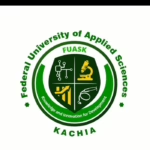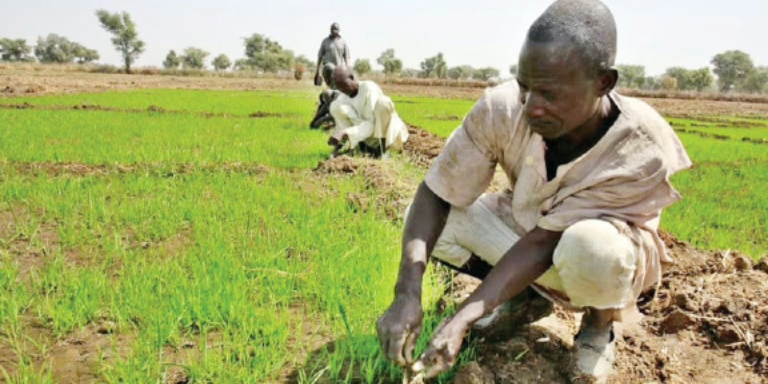Key players in Nigeria’s agricultural industry have reiterated their dedication to enhancing financial access and Business Development Services (BDS) for micro, small, and medium enterprises (MSMEs), aiming to stimulate growth within the nation’s agribusiness sector.
This commitment was expressed during a collaborative stakeholder forum held in Abuja, themed “Strategies for Collaborative Growth of Agri-SMEs: Emphasizing BDS and Financial Support.”
The gathering was convened by the Small and Medium Enterprises Development Agency of Nigeria (SMEDAN), in partnership with Kaduna Business School (KBS) and the Enterprise Development Centre (EDC), with backing from the Alliance for a Green Revolution in Africa (AGRA).
At the event, Mr. Ado Bello, head of enterprise development and promotion at SMEDAN and representative of the director-general, underscored the urgent necessity to empower business development service providers (BDSPs) and bridge the ongoing financing gap confronting Agri-MSMEs.
“Although financial institutions exist, many small-scale enterprises continue to face challenges in securing loans. This initiative, supported by AGRA, aims to make BDS more accessible and impactful, thereby unlocking essential capital for MSMEs,” Bello explained.
He highlighted that despite SMEDAN and its collaborators’ efforts to build a strong BDS framework over the years, the high cost of these services often restricts rural entrepreneurs and agripreneurs from benefiting fully.
The current programme seeks to mitigate this by offering subsidized, focused assistance, especially targeting underserved communities.
Bello emphasized the pivotal role MSMEs play in ensuring national food security, pointing out that smallholder farmers and agribusiness operators are fundamental to Nigeria’s agricultural output.
He encouraged financial institutions present to openly discuss the obstacles SMEs encounter when applying for funding and advocated for streamlined lending processes that better reflect the realities of small businesses.
Mr. Godswill Aguiyi, AGRA programme officer, highlighted the significance of the collaboration with SMEDAN, KBS, and EDC in tackling the hurdles that restrict Agri-SMEs’ access to finance-such as inadequate financial records, lack of formal business registration, and limited financial literacy.
“Smallholder farmers drive much of Nigeria’s agriculture, yet many are excluded from credit facilities due to insufficient documentation required by banks,” he noted.
He added that the programme will facilitate connections between SMEs and existing funding sources like the Bank of Industry, Bank of Agriculture, and the National Agricultural Development Fund (NADF).
Initially, the initiative will concentrate on Kaduna, Niger, and Nasarawa states, with ambitions to expand its impact nationwide through enhanced market linkages and knowledge exchange.
Dr. Funto Babarinde, assistant director at SMEDAN’s enterprise development and promotion department, shared that the programme aims to support at least 1,000 MSMEs, with a particular emphasis on youth and women-led agribusiness ventures.
“Our goal extends beyond poverty reduction. We are committed to fostering sustainable food systems, promoting SME growth, and contributing to Nigeria’s long-term economic development. By the conclusion of this programme, we anticipate more structured agribusinesses with improved access to finance and growth prospects,” she affirmed.

















